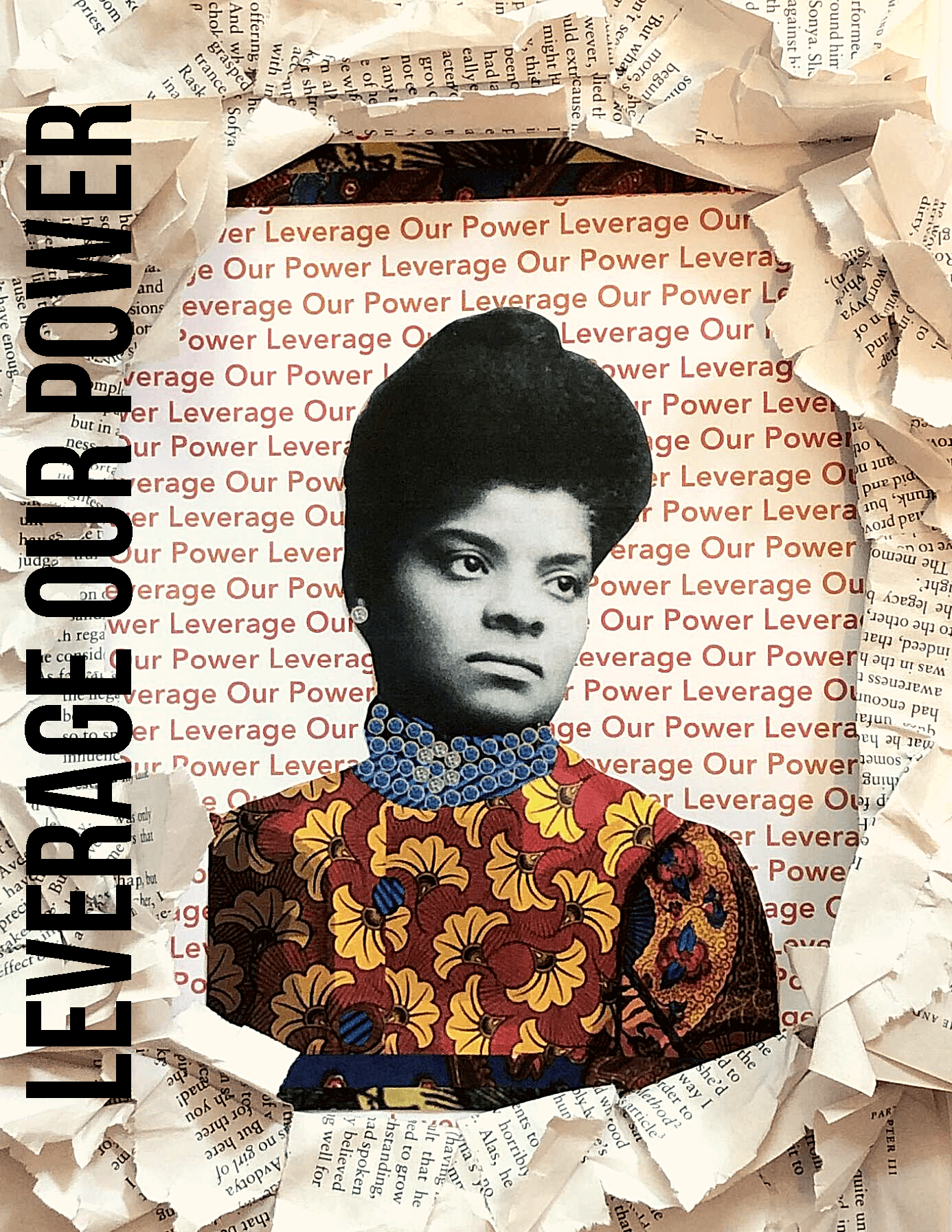By Jon Garaffa ’20
A Rapid Response Magic Grant through the Princeton University Humanities Council has enabled two more student researchers to join an initiative called The Pandemic Portal. Illuminating the COVID-19 crisis through the lens of racial justice, the portal aims to serve as a set of open resources for future education and research. The project seeks to spark change through reflection on the social inequalities exposed by our current pandemic situation.
The Pandemic Portal developed through the Ida B. Wells Just Data Lab, which analyzes and circulates data to promote equality. The lab takes its name from Ida B. Wells-Barnett, an investigative journalist and early leader in the civil rights movement who reported on widespread incidents of racial injustice and segregation. Following her example, the lab aspires to retool data for justice, with a current emphasis on disseminating educational resources through the Pandemic Portal. The lab is sponsored by the Center for Digital Humanities, the University Center for Human Values, the Department of African American Studies, and several other University partners.
The Pandemic Portal’s director is Ruha Benjamin (African American Studies), and its associate director is Cierra Robson ’19, now a doctoral student in Sociology and Social Policy at Harvard. When starting college, Robson intended to pursue molecular biology. After taking a course on science, technology, and race instructed by Benjamin, she decided to major in African American Studies and focus on public health as she developed interests in interpreting and critiquing scientific data.
“The Pandemic Portal emerged to study all sorts of data production surrounding the pandemic and specifically the data disaggregated by race,” explained Robson. “When you situate data in a proper historical and social context, you understand that infrastructures of healthcare, joblessness, and a lack of representation within government are some of the reasons why the pandemic has disproportionately affected marginalized communities.”
The initiative aims to correct prevailing misconceptions. As racial statistics surrounding COVID-19 came out, some interpretations blamed minority groups themselves for their higher risk of infection. To combat these errors, the lab will highlight the influence of unjust policies and customs on these disparities. “COVID-19 has provided an incredible opportunity for people to understand some of the flaws in our current system,” Robson said, accentuating the need to contextualize numbers for the public.
The Pandemic Portal’s name comes from “The Pandemic Is a Portal” by Arundhati Roy. The essay states, “Historically, pandemics have forced humans to break with the past and imagine their world anew. This one is no different. It is a portal, a gateway between one world and the next…” Recognizing the current pandemic as an opportunity for change, the Pandemic Portal recruited student researchers this summer to actively propel this change. After grouping up and conducting their research, the students created resources covering various areas of social justice, including education, mental health, prison reform, and housing, through the lens of the ongoing pandemic. Each resource emerged through collaboration with a community organization.
In examining the consequences of the pandemic, some teams highlighted preexisting problems of inequality. For example, the Education Team collaborated with the South End Technology Center in Boston, interviewing high school students about their experiences with remote learning in the spring. Generally, self-reported student motivation, mental health, and ability to learn declined drastically after the institution of remote learning. Yet preexisting home situation challenges, such as obligations to take care of siblings or the lack of a dedicated study space, contributed to this finding. Learn-from-home environments highlight the drastic disparities in resources among students, along with the inequities in their home situations, concluded Caroline Castleman of the Education Team.
The Education Team gained a unique understanding of the students’ home situations by personally interviewing the students over Zoom. They found that these direct interactions supplied rich perspectives. “It was rewarding to work closely with students themselves; they were not just a source of information,” said Castleman. “The students were eager to continue talking about the themes we brought up, and it was exciting to see that they benefited from the project as well and could reflect on their experiences.”
Other teams’ projects similarly had an extensive impact. The Hospitals and Healthcare Team created a guidebook for Black maternal mental health and postpartum depression care. The Testing and Treatment Team made a testing toolkit to educate people of African descent, and all Black people, on COVID-19 testing and how to protect their personal healthcare information. Furthermore, the Prisons Team produced a data report that examined the relationship between pandemics and the prison system through a racial justice lens. The teams’ resources aim to make available the helpful research conducted, with the goal of advancing advocacy and activism efforts.
Work from all the teams will hopefully help to shape the national conversation in the months to come. Optimistic about the future of the project, Robson anticipated that its scope will expand to data beyond the pandemic. “I am a firm believer that we cannot change the world unless we can imagine what it is that we want it to look like,” she said. “The pandemic gives us a chance to change things once we come out of the other side of it, should we take the opportunity to do so.”
















